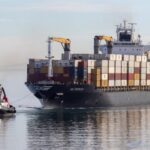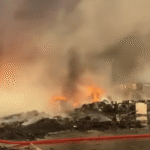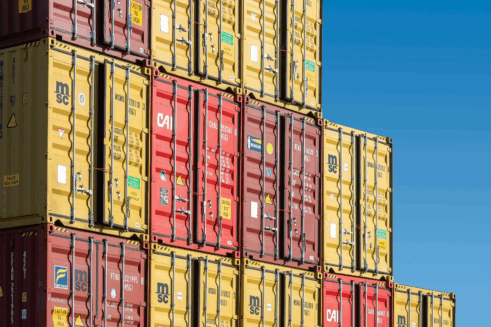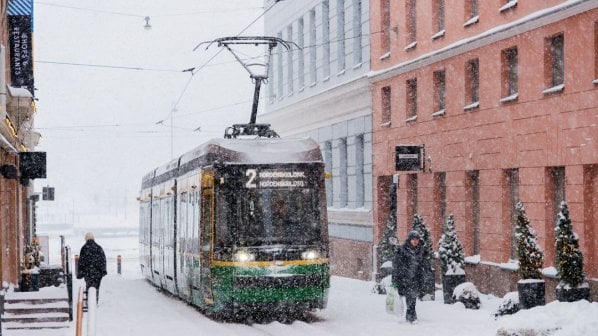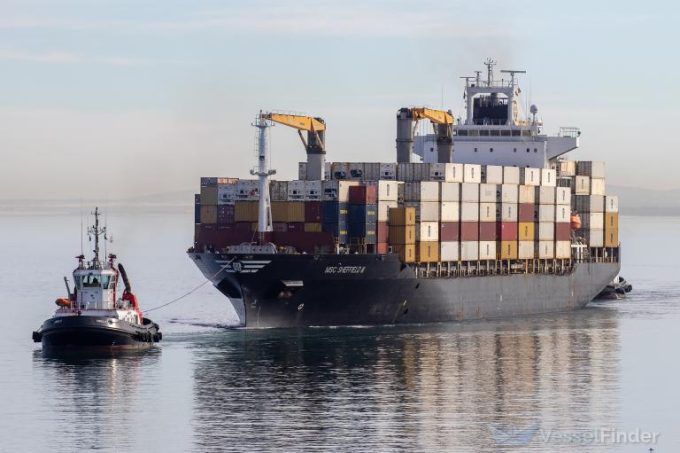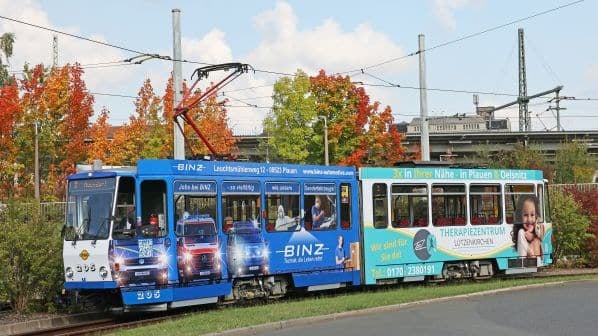The Secretary-General of the United Nations Trade and Development Agency told Reuters on Monday that small and medium-sized businesses and developing economies are likely to be particularly vulnerable to the risk of an investment slowdown due to continuing uncertainty over tariffs. The UN trade agency says uncertainty over tariffs may limit investment in small businesses
Read also: UNCTAD calls for resilient global supply chains amid trade turmoil
“We fear there will be further lagging numbers in terms of investment,” UNCTAD’s Rebecca Greenspan said in an interview at her Geneva office.
“We fear that small and medium-sized businesses everywhere will be affected, but also small countries that rely more on trade and investment for real growth.”
A UNCTAD report in July concluded that global foreign direct investment fell for the second year in a row in 2024, with fears this year could be worse as trade tensions shake investor confidence.
Since taking office in January, US President Donald Trump’s tariff decisions have rocked financial markets and sent a wave of uncertainty through the global economy.
Greenspan said the outlook for 2026 hinges on whether current trade tensions escalate into an all-out trade war, or if high tariffs persist amid ongoing trade negotiations. “There is uncertainty, but there will be more predictability,” she said. “Markets will adapt to the new situation.”
Greenspan said Africa’s least developed countries and small island states are “worse off” and have less flexibility amid trade uncertainty, as they face higher tariffs compared to developed countries. While the European Union has an agreement that sets tariffs at 15% on most goods it exports to the United States, they are often much higher for so-called least developed countries. Laos, for example, faces 40% tariffs.
Greenspan urged the United States to exempt weak countries from imposing higher tariffs. In July, Lesotho, a small African country, received a revised 15% tariff rate after Trump’s previous threat of 50% tariffs.
Source: Market intelligence platform IndexBox

